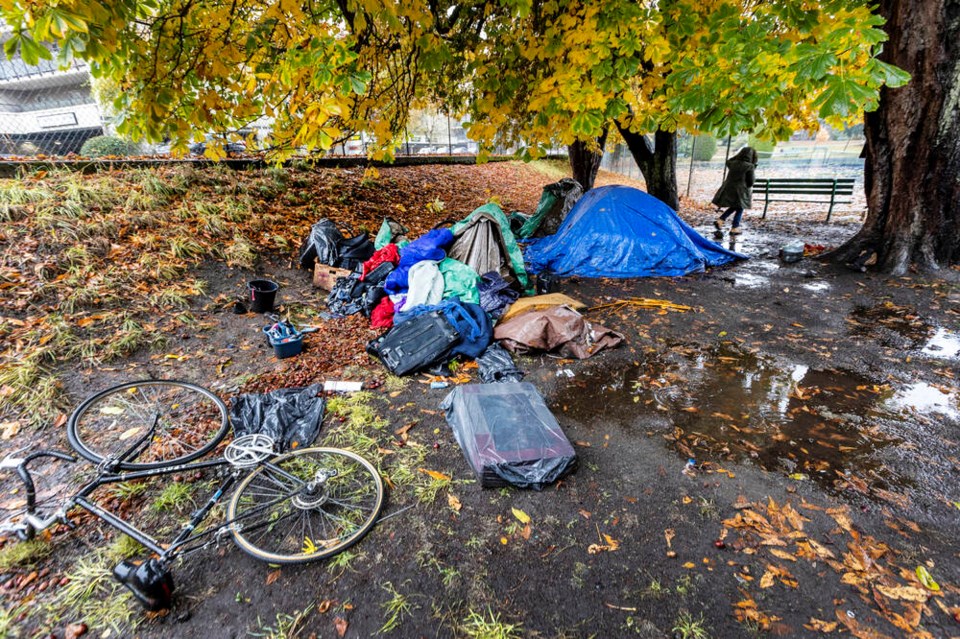A letter writer observed on two recent trips to Portugal that public disorder among homeless people in Porto and Lisbon seems to be markedly less noticeable than in Victoria.
According to an Oct. 26 article on Portugal.com, President Marcelo Rebelo de Sousa said after a National Strategy for the Integration of People Facing Homelessness meeting that homelessness represents a “failure” of society and a “social wound.”
“It is not the only one, there are other failures. Poverty, in general, is a failure of society,” the president said, arguing that Portugal has the conditions to eradicate homelessness and that the most important goal in “concrete terms is housing.”
“Housing was less complex in 2016, 2017, and 2018 than it has been since 2019,” when tourism prices increased property values, he said, making the “access to housing more difficult.”
Here in Victoria (population 94,000), on March 11, 2020, according to the Coalition to End Homelessness, 1,523 individuals, 1.6 per cent of our population, were experiencing homelessness.
Statistics Canada reports that in 2022, in Canada, almost three per cent of people who make housing decisions for their household have experienced unsheltered homelessness, while about 15 per cent have experienced hidden homelessness.
Comparable numbers are hard to find readily online, but according to the Borgen Project, 0.04 per cent of the population of Portugal (4,414 people in a population of 10 million) were homeless in 2020.
Given the president of Portugal’s heartfelt attitude toward poverty and homelessness in his country and the apparent magnitude of the difference in how widespread homelessness is in Portugal versus Canada, my guess is that among homeless people in Victoria feelings of alienation, anger, rejection, and despair are probably more common than among homeless people in Portugal because here homeless people are perceived by many as alien, in the way, undesirable, and worthless whereas Portuguese society seems to have a more humane attitude toward housing everyone.
As evidence for my reasoning, I offer an October 2018 article on the American Psychological Association website (apa.org) titled “How Portugal is solving its opioid problem,” which outlines a public health approach to opioid addiction that is still controversial in Victoria, where the focus seems to be on reducing public disorder among people tossed out on the street and suffering.



